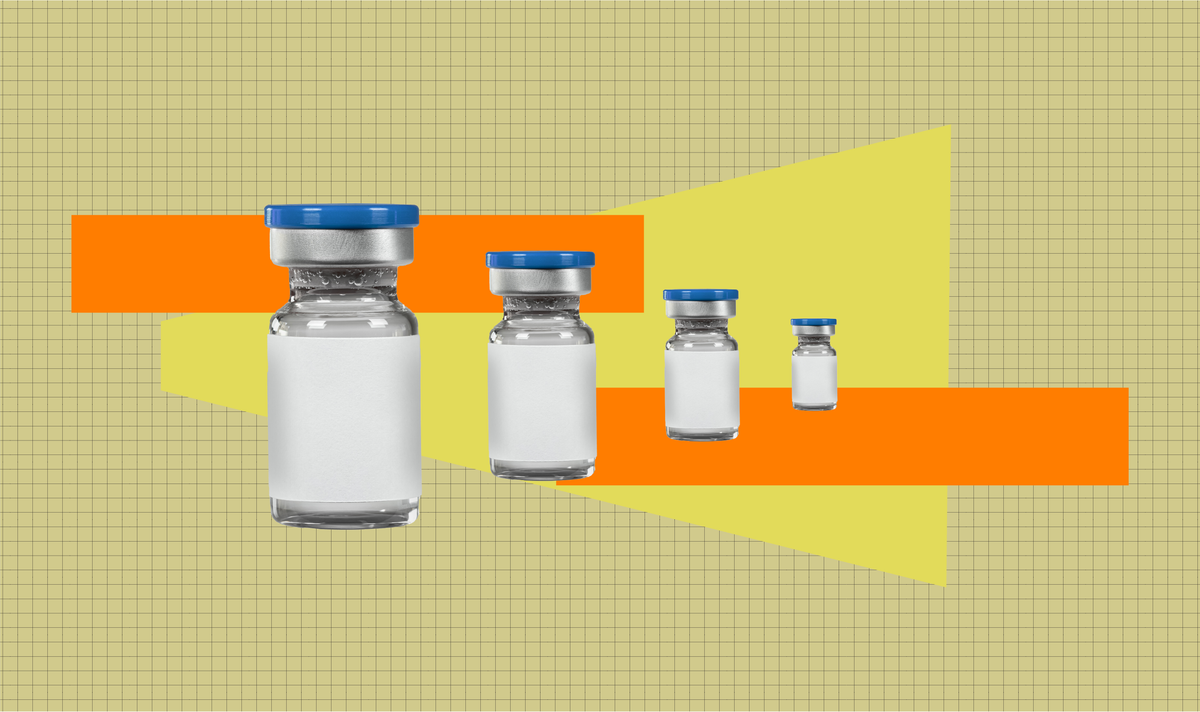Online conversation echoes call for global ban on thimerosal in vaccines
Plus, social media users debated an onslaught of “anti-science” state laws and evidence that COVID-19 vaccines may boost response to cancer treatment.

Plus, social media users debated an onslaught of “anti-science” state laws and evidence that COVID-19 vaccines may boost response to cancer treatment.
In a recent video, the U.S. health secretary called for thimerosal to be removed from all vaccines worldwide, resurfacing long-debunked myths about the vaccine ingredient’s alleged toxicity. Meanwhile, Idaho’s ban on vaccine mandates sparked national debate, and new evidence emerged that mRNA COVID-19 vaccination is associated with improved survival in cancer patients.

Insights brought to you by the reporters and science writers of Public Good News (PGN), a nonprofit newsroom dedicated to improving community health.
What’s trending in vaccine conversation:
On November 3, Health Secretary Robert F. Kennedy Jr. released a video calling on global health authorities to remove mercury from all vaccines. In a social media post, he misleadingly refers to mercury-based preservative in vaccines (thimerosal) as a “deadly neurotoxin.” The video received over 2,700 responses in 24 hours, with many supporting the call and falsely claiming that thimerosal in vaccines is dangerous and causes autism and dementia. Several popular anti-vaccine accounts circulated the video, advocating for the removal of aluminum and other allegedly “toxic” ingredients from vaccines. Some posts pushed back on the claims, highlighting evidence that vaccine ingredients like thimerosal and aluminum are safe.
An October 20 ProPublica article about the Idaho Medical Freedom Act, which bans schools and employers from requiring vaccinations, fueled a debate about vaccine mandates. The article suggests that the law, which went into effect this summer, will serve as a national model for vaccine opponents. Some responses to the article emphasized the importance of herd immunity and expressed concern that the law would block schools from protecting students from vaccine-preventable outbreaks. A prominent anti-vaccine figure who posted about the law received responses calling for a national ban on vaccine requirements. Conversations about the law come in the wake of an AP News investigation that identified hundreds of “anti-science” bills at the state level.
A recent Nature study found that advanced skin and lung cancer patients who received mRNA COVID-19 vaccines before beginning immunotherapy survived for nearly twice as long as unvaccinated patients. The researchers suggested that the vaccines may help prime the immune system to fight cancer cells. Responses to the study were mixed, with some emphasizing the unexpected benefits of vaccination and others dismissing the study as “ridiculous.” Several posts continued to promote the myth that COVID-19 vaccines caused a cancer “epidemic,” while others called for increased funding for mRNA research.
Read the fact checks:
- American Academy of Pediatrics: Fact Checked: Extensive Research Shows Thimerosal is Safe
- Children’s Hospital of Philadelphia: Why It’s Important to Be Up to Date on Vaccines
- Snopes: New study showed mRNA COVID-19 vaccines help extend cancer survival?

Recommendations brought to you by the health communication experts behind Infodemiology.com.
Talking points for health care providers to use in response to trending narratives
Each week the Infodemiology.com team will provide talking points and supporting messages in response to some of the trending narratives outlined above. Health care providers can use this messaging when discussing vaccines online, talking to patients, or engaging with communities.
Thimerosal and aluminum, like all vaccine ingredients, are added to make vaccines safer and more effective.
- All vaccine ingredients are thoroughly tested for safety.
- Thimerosal prevents contamination in vaccines. It contains a form of mercury that is completely harmless to humans in small doses.
- Decades of research have shown thimerosal to be safe, and many countries worldwide use vaccines containing thimerosal with no safety issues. These vaccines contain roughly the same amount of mercury as a can of tuna.
- Aluminum in vaccines boosts effectiveness without any safety risk, allowing for smaller vaccine doses. The amount of aluminum in vaccines received in the first six months of life is less than the amount in breast milk or baby formula consumed over the same period.
School vaccine requirements keep children, families, and communities safe from preventable diseases.
- Vaccination protects the person being vaccinated and everyone around them. When enough people in a community are vaccinated, diseases like measles and polio can’t spread.
- Herd immunity from widespread vaccination protects infants and children who are too young to be fully vaccinated, people with weakened immune systems, and the small percentage of people who don’t respond to vaccines.
- Many of the vaccines required for school enrollment have protected children for generations and saved millions of lives.
A new study suggests that mRNA COVID-19 vaccines may help fight certain cancers in addition to fighting a COVID-19 infection.
- A new study found that patients with certain advanced skin and lung cancers who received mRNA COVID-19 vaccines before beginning immunotherapy survived for nearly twice as long as unvaccinated patients.
- The research suggests that COVID-19 vaccines boost the immune system and prime it to fight cancer longer, extending survival.
- While the study does not prove that COVID-19 vaccines prevent, treat, or cure cancer, the results are promising. Scientists are continuing their research, including in clinical trials.
- Over five years of rigorous research and global safety monitoring show that COVID-19 vaccines are not linked to cancer.
Interested in recommendations tailored to public health professionals? Click here.
